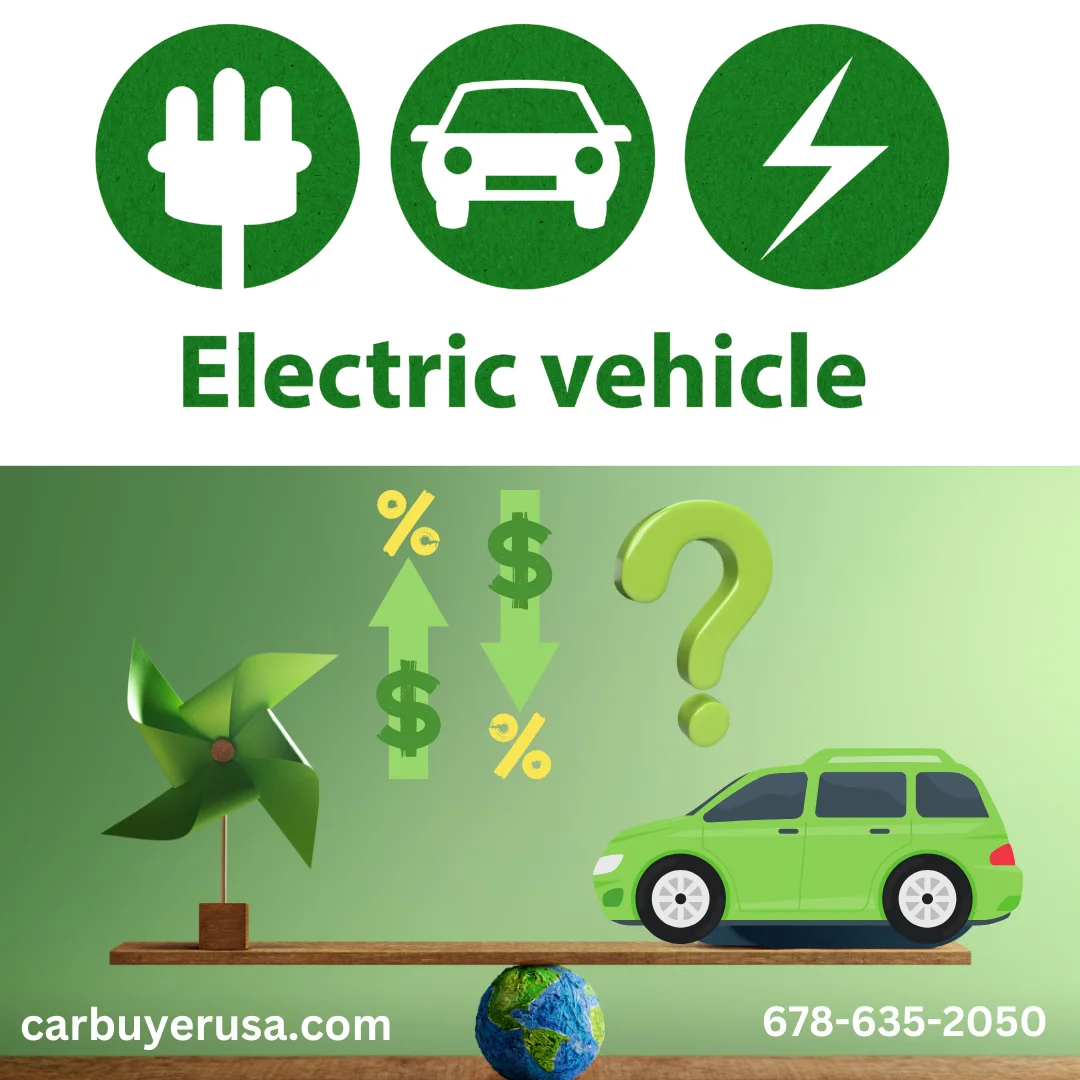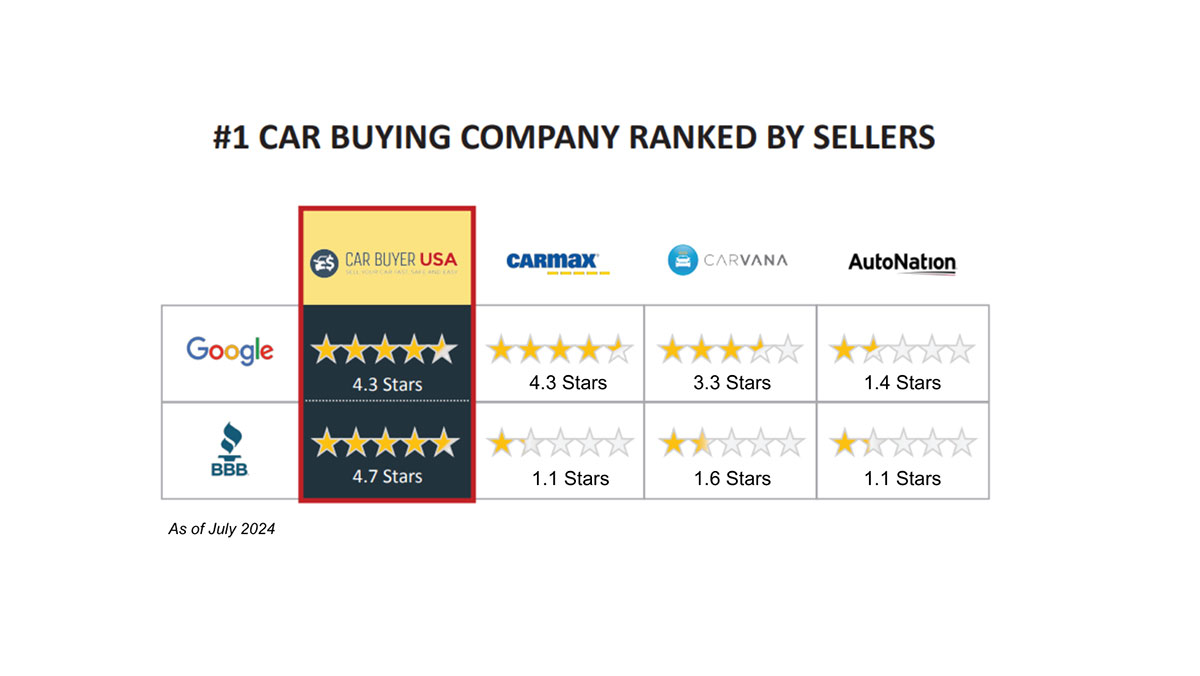
The rise of electric vehicles (EVs) is reshaping the car buying market in profound ways, marking a transformative shift in consumer preferences and industry dynamics. As EV technology advances and environmental concerns gain prominence, the automotive landscape is experiencing a paradigm shift that promises to redefine the future of transportation.
One of the most significant impacts of EVs is the changing consumer mindset. Today’s car buyers are increasingly prioritizing sustainability and energy efficiency over traditional performance metrics. Electric vehicles, with their zero-emission capabilities and lower operating costs, are appealing to environmentally conscious consumers who seek to reduce their carbon footprint. This shift is evidenced by the growing popularity of models like the Tesla Model 3 and the Chevrolet Bolt, which offer both eco- friendly benefits and advanced technology. Moreover, the rise of EVs is pushing automakers to innovate at an unprecedented pace. Traditional car manufacturers are investing heavily in electric vehicle technology, creating new models and expanding their EV lineups to meet the surging demand. This increased competition is driving advancements in battery technology, charging infrastructure, and autonomous driving features, which further attract buyers to the electric vehicle market.
In parallel, the car buying process itself is evolving. The traditional dealership model is being challenged by direct-to-consumer sales approaches popularized by companies like Tesla. Consumers are now more inclined to explore online platforms, compare options, and even purchase vehicles without visiting a dealership. This shift is making the car buying experience more transparent and accessible, catering to the tech-savvy and convenience-seeking modern consumer. Additionally, government incentives and regulations play a crucial role in accelerating EV adoption. Many countries offer tax credits, rebates, and other financial incentives to encourage the purchase of electric vehicles. Regulations aimed at reducing greenhouse gas emissions are also prompting automakers to invest more in EV technology. These policies not only make EVs more affordable but also signal a broader commitment to sustainability.
The secondary market for electric vehicles is also evolving. As the first generation of EVs reaches the end of their lifecycle, the used EV market is expanding, offering more affordable options for consumers. This development is crucial for making electric vehicles accessible to a broader audience, including those who may not afford new models.
Looking ahead, the impact of electric vehicles on the car buying market is poised to grow. As technology continues to advance and the global emphasis on sustainability strengthens, EVs will likely become the mainstream choice for consumers. The future of car buying will be marked by a greater emphasis on green technologies, innovative sales strategies, and a more informed and engaged customer base. The shift to electric vehicles signifies not just a change in what we drive, but also how we buy, sell, and think about cars.
If you are looking to sell your EV, CarBuyerUSA.com has been featured on many EV Blog sites as the best source for quick cash for your EV. For more information or a cash offer in 20 seconds without having to give up any contact information please click on the link below.


